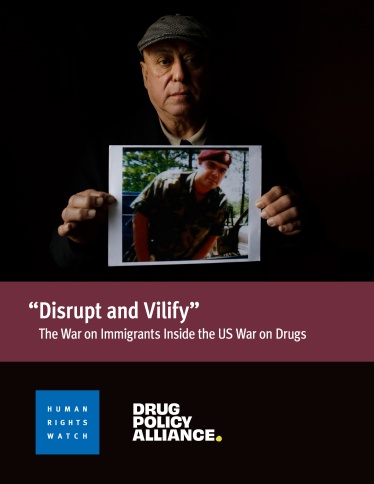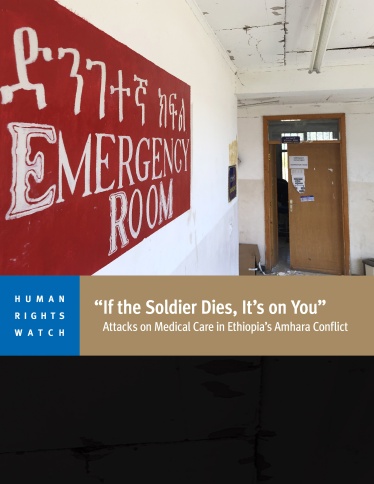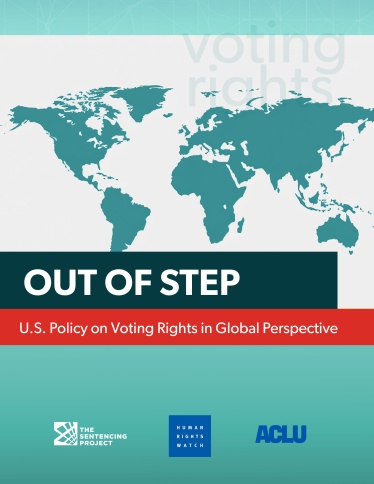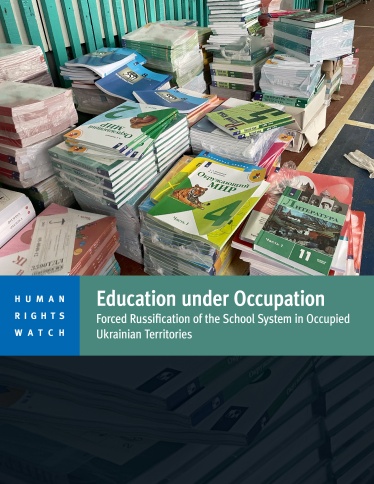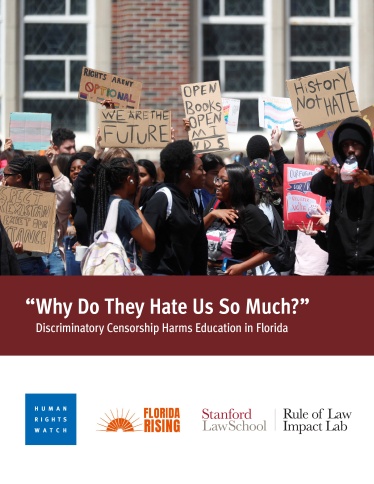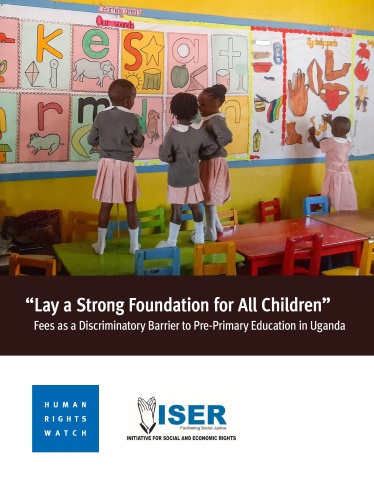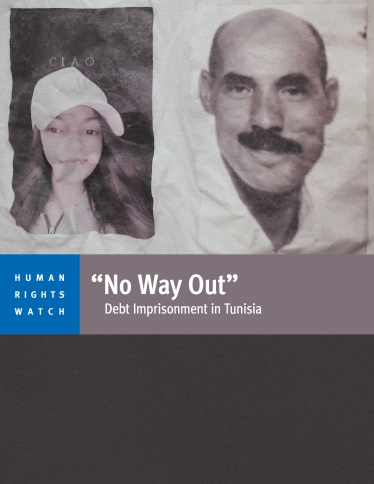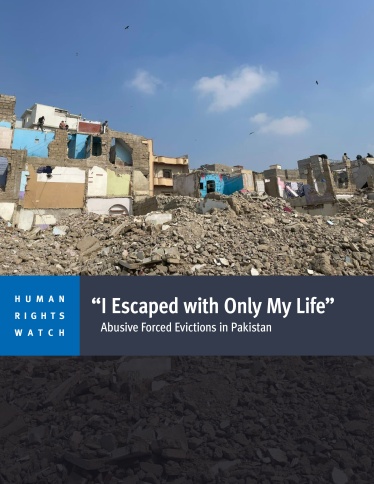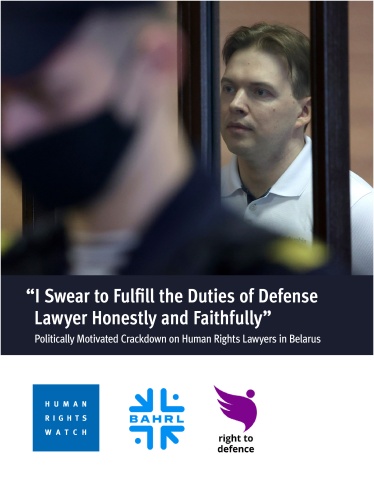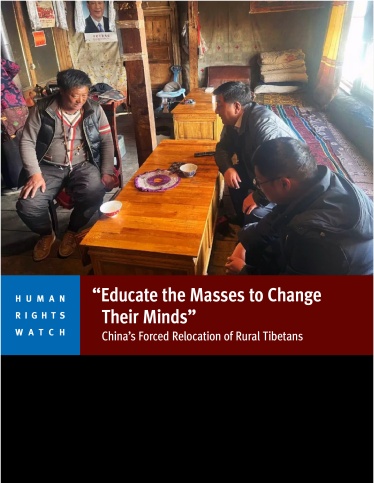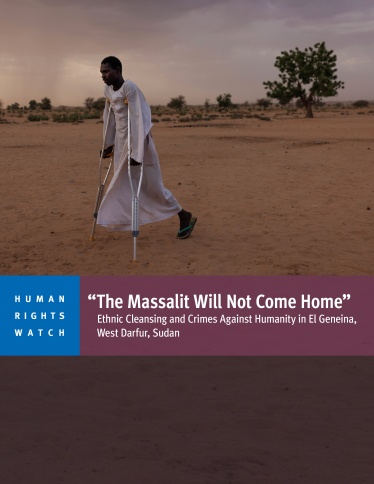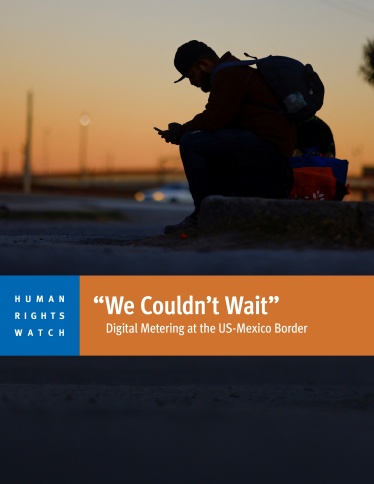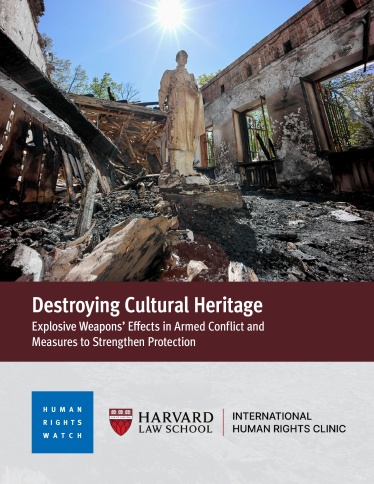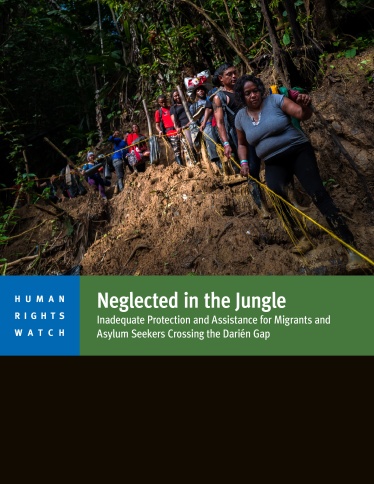Extermination and Acts of Genocide
Israel Deliberately Depriving Palestinians in Gaza of Water
In the 179-page report, “Extermination and Acts of Genocide: Israel Deliberately Depriving Palestinians in Gaza of Water,” Human Rights Watch found that Israeli authorities have intentionally deprived Palestinians in Gaza of access to safe water for drinking and sanitation needed for basic human survival. Israeli authorities and forces cut off and later restricted piped water to Gaza; rendered most of Gaza’s water and sanitation infrastructure useless by cutting electricity and restricting fuel; deliberately destroyed and damaged water and sanitation infrastructure and water repair materials; and blocked the entry of critical water supplies.


